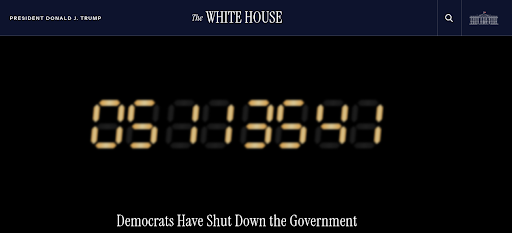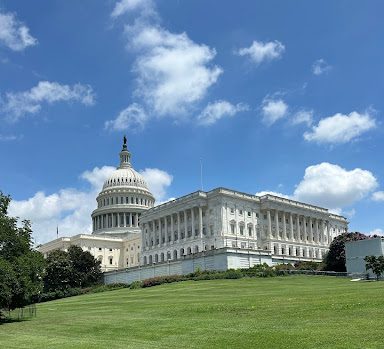
Lakota West’s lunchroom needs to offer foods that their diverse religious population can eat.
Many religions around the world have food restrictions as part of their religious practice.
These practices started long ago and were written down in religious books. Most of these religious restrictions are laid out in the holy books of the religion, like the Torah, Qu’ran, Bible, Vedas, and the Sutras. Interestingly, one of the most common reasons for food restriction is actually rooted in food safety. Many of these practices began in hot climates where food could go bad easily and cause sickness. After noticing a pattern, rules and customs were often formed. But these rules have transformed in ways that allow the strength of character through temperance and even charity. For example, Buddhists and Hindus believe that they have a duty to reduce suffering in the world by being vegetarian.
The lunchrooms at Lakota West do not keep the dietary needs of their diverse population. At our own school, we don’t have many halal or kosher options for students who practice Judaism or Islam. As one student noted — “It makes me a little sad because I feel like we should be able to go to school and have enough options to eat. I don’t get an option that I am sure it doesn’t have or I just pack sometimes”
It is also problematic that the lunch workers seem to be uninformed about dietary restrictions. As one person noted, “Sometimes when I buy lunch it is hard to know exactly what I’m eating, and I can’t really ask the lunch workers since most of them don’t know.”
Even students who are not religious find the school options limiting. One student said that “[t]here should be more options for everyone, not just religion. For example, there should be vegan options, and not just what the school thinks will work for us all.”
Not only does our school have this problem but other schools around the country. In an article written by Nabila Ghani, she wrote “The NYC public school lunch menu does have vegan menus but, no kosher or halal food. Kosher is when the food is prepared meeting the requirement of Jewish laws. Halal is denoting or relating to meat preparation meeting the requirements of Muslim laws.” As more and more people move to the U.S. schools should take into account that each and every student believes in different things. The basic meals provided for the whole school is not enough for the amount of diversity we have.






